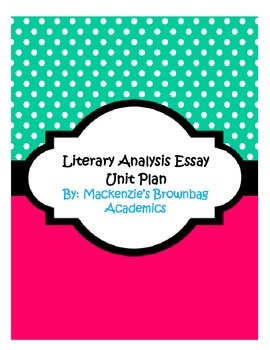Let's look at some random things I've discovered that I plan to implement in my curriculum.

I'm obsessed with using technology in the classroom to create social awareness. I do a collaborative research project each semester. During summer school this year, I plan to beta test a Facebook Awareness Page assignment where group members will post annotated sources, surveys, pictures, videos, etc. about the given topic!

In class I like to have my students display their research in unique ways. What's better than to have them create an infographic?! Easelly is a *FREE* website that provides templates and graphics. Students just have to plug in their information. How cool?

Frequently we make students write LOOOOOONG research papers. In the real world, though, management likes to see the Cliffs Notes. While employees still need to know how to do long, time-consuming, in-depth research, they also need to be able to summarize their own work. I'm planning on having them write 1 paragraph long summaries for each of their essays to practice this skill.

Each time I plan to have a class discussion, I am going to have a 5-minute prep session. These 5 minutes will be devoted to looking over notes, skimming readings, and preparing thoughts. No one likes to feel under prepared or unorganized. This prep session will put students at ease before the discussion begins.

So I'm reading a book called BRIEF, more to come on that later, and I read a tip that I CAN'T WAIT to employ in the classroom. The book talked about business meeting huddles. So, why not have a quick teaching tip huddle where, for 5-7 minutes, we review information as a class and I give them reminders/tips/instructions? I'll work out the kinks but I think the physical change will be nice!






